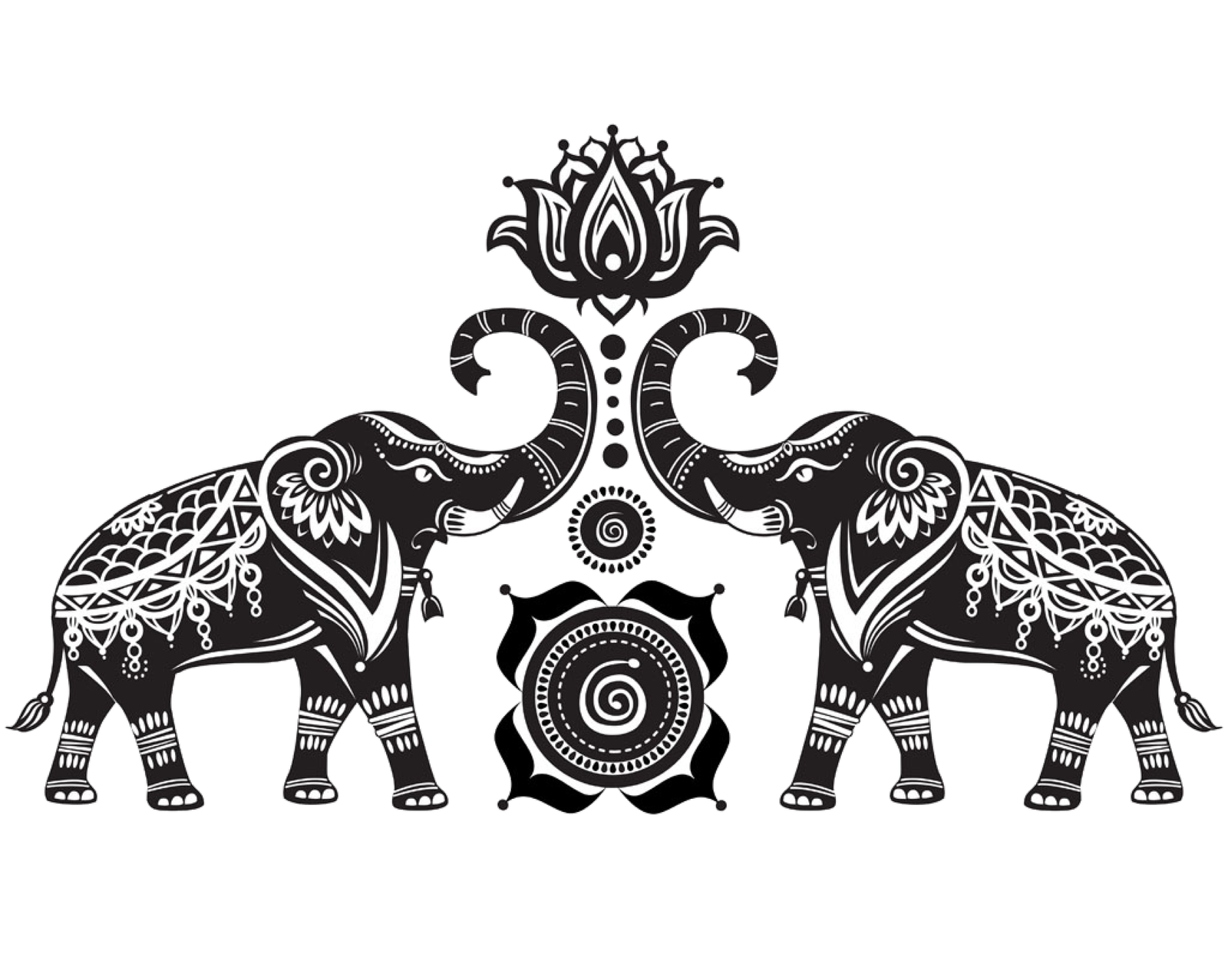A USC Psychology study shows that AI-generated jokes tickle people more than jokes created by humans, raising concerns about the technology’s threat to entertainment jobs.

One study compared the funniness of novel jokes generated by regular people to jokes generated by ChatGPT. A second study challenged ChatGPT to develop new headlines in the satirical style of The Onion. Illustration by OpenArtAI
A study comparing people’s jokes and those told by ChatGPT shows that humans need to work on their content.
The research team behind the study published in the journal one more ChatGPT 3.5 did the serious work of comparing participants’ responses to jokes written by others and to other jokes written by people. It was conducted in an effort to determine whether artificial intelligence could outperform humans in terms of laughs, it said. Drew GorenczDoctoral Candidate in Social Psychology USC Dornsife College of Letters, Arts and Sciences,
Gorencz said, “Since ChatGPIT can’t feel emotions itself, but it tells novel jokes better than the average human, these studies provide evidence that you have to tell a good joke to appreciate a good joke.” There is no need to feel the emotions of doing.” ,
One study compared the funnyness of new jokes generated by regular people to the funnyness of new jokes generated by ChatGPT. Participants rated the ridiculousness of all jokes without knowing their author. The researchers found that overall, about 70% of participants rated ChatGPT-generated jokes as funnier than jokes generated by humans. Slightly more than 25% of participants rated the human-generated responses as funny, and only 5% rated jokes from both sources as equally funny. The results were consistent even when researchers examined differences across different demographics.
To see how ChatGPT might perform against professional humor writers, the researchers conducted a second study in which they challenged ChatGPT to develop new headlines in a satirical style. Onion, They then asked another group of 200 participants to rate the funniness of the original Onion headlines and the new ChatGPT-generated headlines. Participants found ChatGPT’s headlines to be just as interesting as the original Onion headlines.
AI jokes: first study
How can one get humans and AI to make original jokes? For the first study, both ChatGPT and 105 participants completed three tasks, each involving three prompts.
In the first task, he created humorous new phrases for common abbreviations. In the second task, both ChatGPT and human writers created witty answers to fill in the blank phrases, such as, “A lesser known room in the White House: _____.” He was also inspired to come up with the “Roast Joke”, a funny slam inspired by such a strange hypothetical scenario:
“Imagine that a friend of yours wants your opinion on how well she sings. She sings for a minute or two to show off her voice, and you get nervous – she might be the worst singer you’ve ever heard. When she asks, ‘How did you like it?’ You decide to be honest so you say, ‘Honestly, hearing this was like: _____'”
These three tasks resulted in over 945 jokes written by 105 authors. ChatGPT was asked to generate 20 humorous answers for each prompt, for a total of 180 jokes. A new group of participants rated the funniness of the jokes.
Investigating ChatGPT and humor: a second study
In the second study, ChatGPT was given original headlines from The Onion and asked to generate new headlines in the same style. A group of 200 participants were asked to rate the ridiculousness of the original Onion headlines and ChatGPT-generated headlines without knowing their authorship.
Gorencz said his idea for the study stemmed from a debate in the entertainment world over the authors’ concerns about the use of large language models (LLMs) such as ChatGPT in entertainment production. The issue has recently been heightened by the strike by writers and actors in Hollywood, who fear that the adoption of big language models poses an existential threat to their profession, art, and human creativity.
Gorencz, himself an amateur stand-up comedian, acknowledged his lifelong love of comedy that inspired his research with co-author, norbert schwarzwho is co-director of USC Dornsife Center of Mind and Society and an expert on consumer decisions USC Marshall School of Business,
Gorencz said his study raises concerns about the use of ChatGPT and other LLMs in the entertainment industry.
“The implications are more positive for those who simply want to reap the benefits of enhancing their everyday communications with a dose of humor,” he and Schwarz, provost professor of psychology and marketing, wrote.
“But for professional comedy writers, our results suggest that the LLM may pose a serious threat to employment,” Schwarz said.
It remains to be seen whether AI gets the last laugh.
Source: USC



